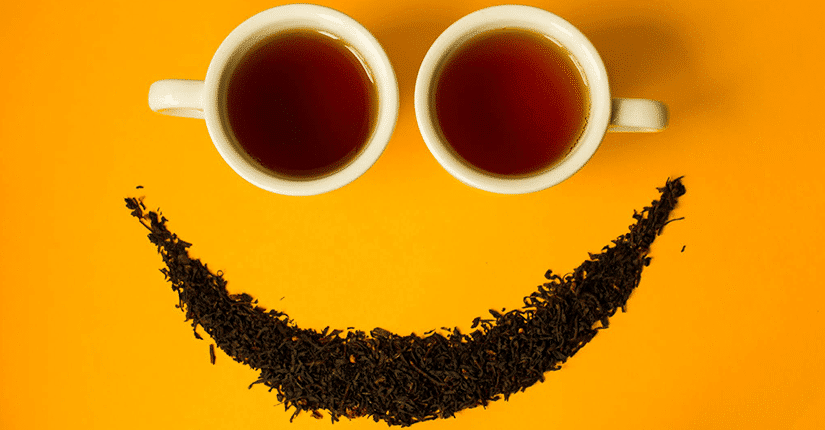International Tea Day: History, Theme, and Significance

International Tea Day, observed on May 21, is a celebration dedicated to promoting the value and cultural significance of tea. This global event aims to raise awareness about the tea industry, foster sustainable practices, and encourage tea consumption for its health benefits. International Tea Day acknowledges the efforts of tea producers, traders, and tea enthusiasts worldwide, highlighting the economic, social, and cultural impact of tea cultivation and consumption.
International Tea Day: History
International Tea Day was first celebrated in 2005 by tea-producing countries. The countries were Sri Lanka, Nepal, Indonesia, Kenya, Malaysia, and Uganda. The Intergovernmental Group on Tea decided to celebrate International Tea Day on May 21 in 2019. The U.N. approved the celebration on December 21, 2019. It was the first time the United Nations celebrated 21 May 2020 as International Tea Day.
Varieties of Tea
Tea comes in a remarkable variety of types, each with its distinct flavour profile, processing methods, and cultural significance. Let’s explore some of the most renowned types of tea:
- Green Tea
Green tea, celebrated for its fresh taste and numerous health benefits, undergoes minimal oxidation during processing. Its leaves are steamed or pan-fried, preserving their vibrant green color and delicate flavor. Renowned green tea varieties include Matcha, Sencha, and Dragon Well, each offering a unique experience for tea enthusiasts.
- Black Tea
Black tea, known for its robust flavor and rich color, undergoes complete oxidation. The leaves are withered, rolled, and fermented before being dried and sorted. Famous black teas include Assam, Darjeeling, and Earl Grey, captivating tea lovers with their full-bodied taste and delightful aroma.
Read More: 21 May in Indian and World History
- Oolong Tea
Oolong tea lies between green and black tea in terms of oxidation. It offers a harmonious balance of flavors, ranging from floral and fruity to woody and roasted. Ti Kuan Yin, Da Hong Pao, and Formosa Oolong are esteemed varieties, each exemplifying the exquisite craftsmanship of oolong tea production.
- White Tea
White tea is the least processed of all teas, made from young tea buds and leaves that are carefully handpicked. The minimal processing allows the delicate flavors and natural antioxidants to shine through. Silver Needle and Bai Mu Dan are esteemed white tea varieties, treasured for their light, floral notes and gentle infusion.
- Herbal Infusions
Herbal infusions, also known as tisanes, offer an array of caffeine-free options for tea enthusiasts. Chamomile, peppermint, hibiscus, and ginger are just a few examples of the diverse herbal blends available. These infusions are prized for their soothing properties, delightful aromas, and natural health benefits.
Observer Voice is the one stop site for National, International news, Sports, Editor’s Choice, Art/culture contents, Quotes and much more. We also cover historical contents. Historical contents includes World History, Indian History, and what happened today. The website also covers Entertainment across the India and World.
Follow Us on Twitter, Instagram, Facebook, & LinkedIn

